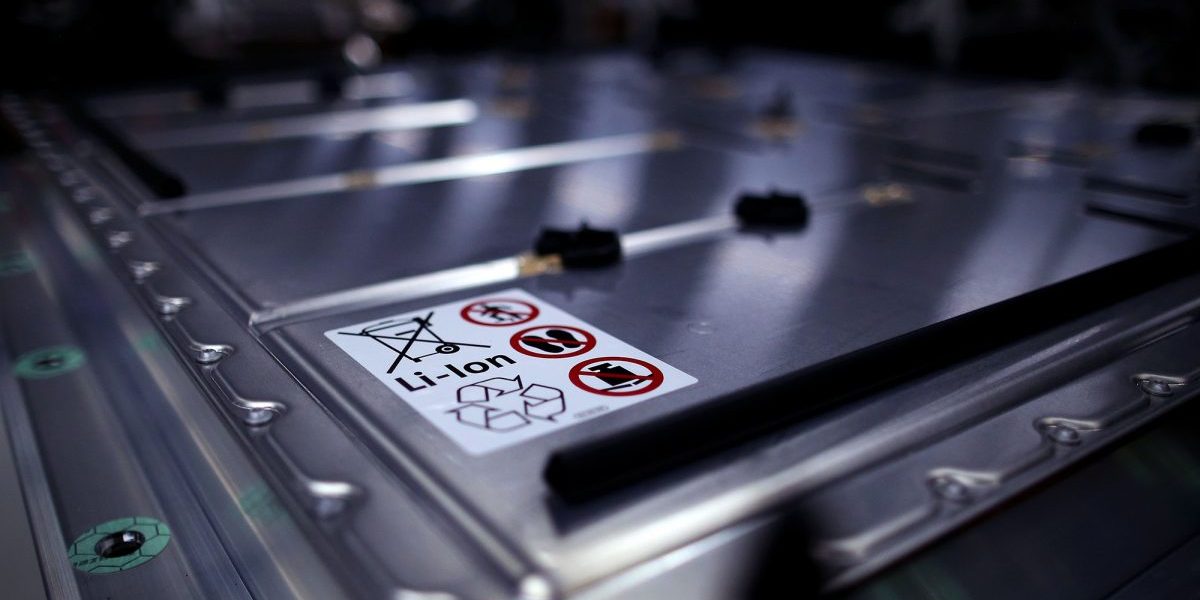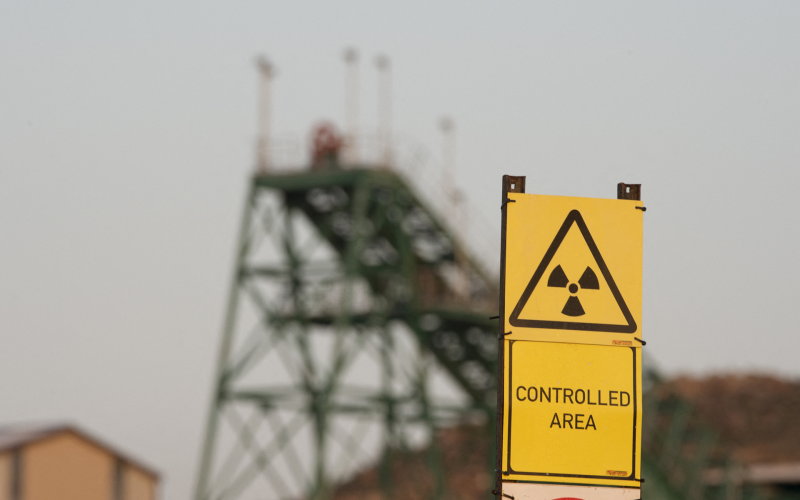Summary
- Southern Africa is endowed with all the raw minerals required to produce lithium batteries. The minerals that are currently being mined in the region are predominantly exported, as raw material, to countries, outside of the continent, to manufacture lithium batteries.
- SADC has listed the battery energy storage sector as a priority value chain. It is important for stakeholders from the public and private sectors to collaborate and develop practical strategies that will accelerate the lithium battery manufacturing value chain.
- The predicted uptake of electric vehicles around the world will continue to increase the demand for lithium batteries while the electrification of transport is estimated to create 10 million jobs worldwide.
- There is a window of opportunity, over the next five years, for SADC member states to collaborate on initiatives and interventions that will enable them to competitively participate in value-added manufacturing across the entire lithium battery manufacturing value chain.
- The SADC region can use its mineral resources to transform from a commodity-driven economy to an industrialised manufacturing-driven economy that creates jobs and alleviates poverty for its citizens.
- If SADC member states do not capitalise on the opportunity to manufacture lithium batteries for electric vehicles they will lose the opportunity for job creation in this value chain to other countries and regions.







